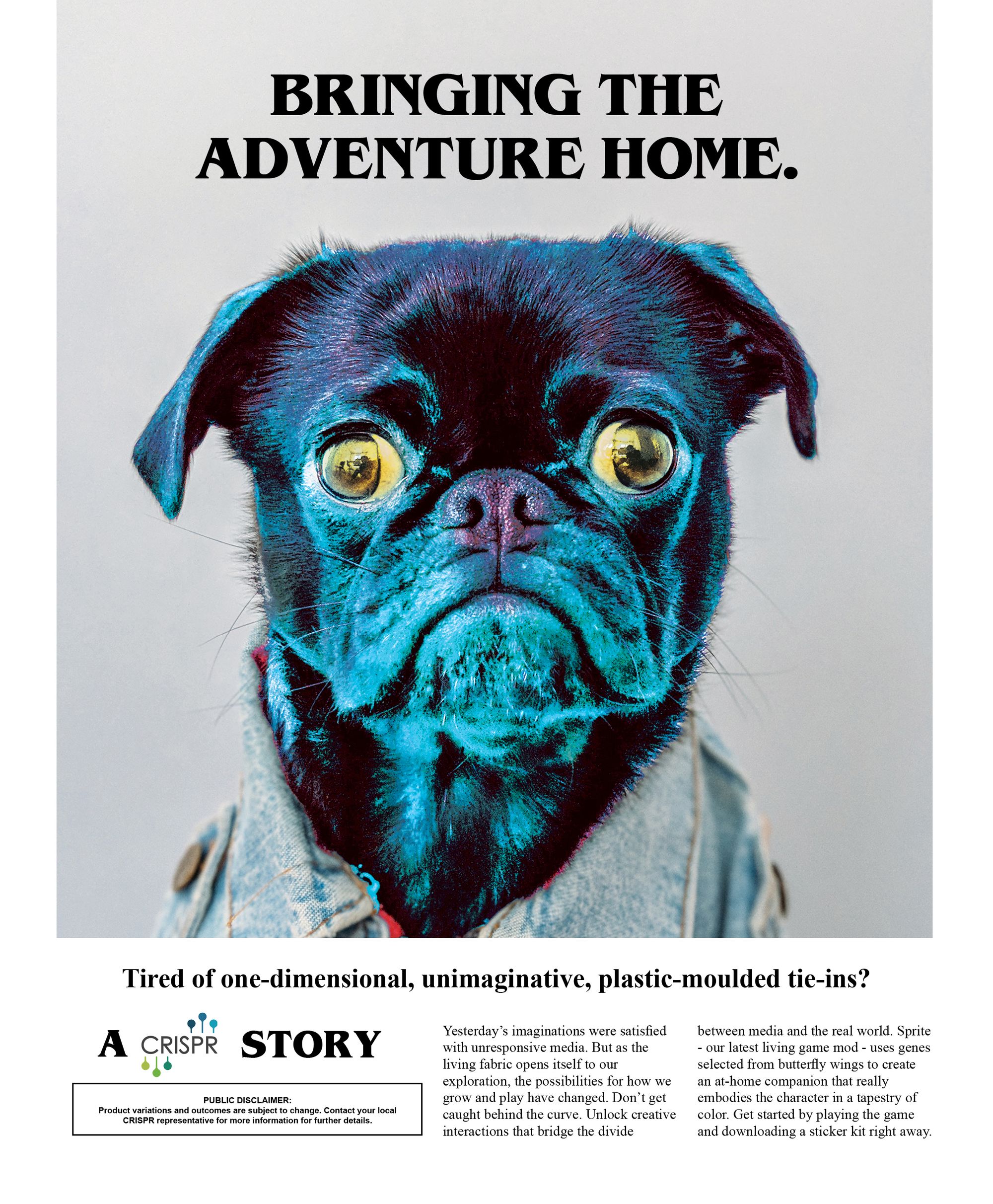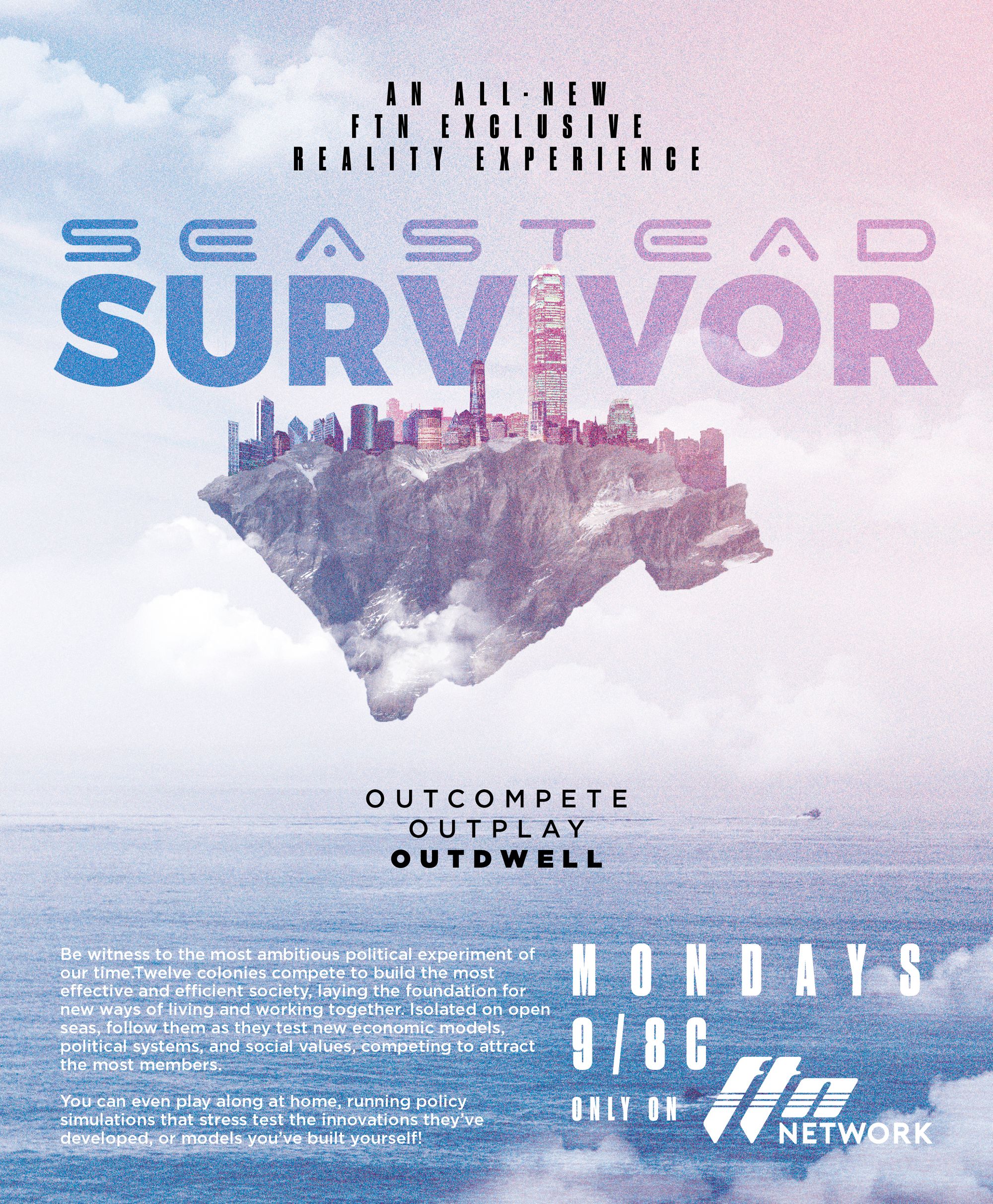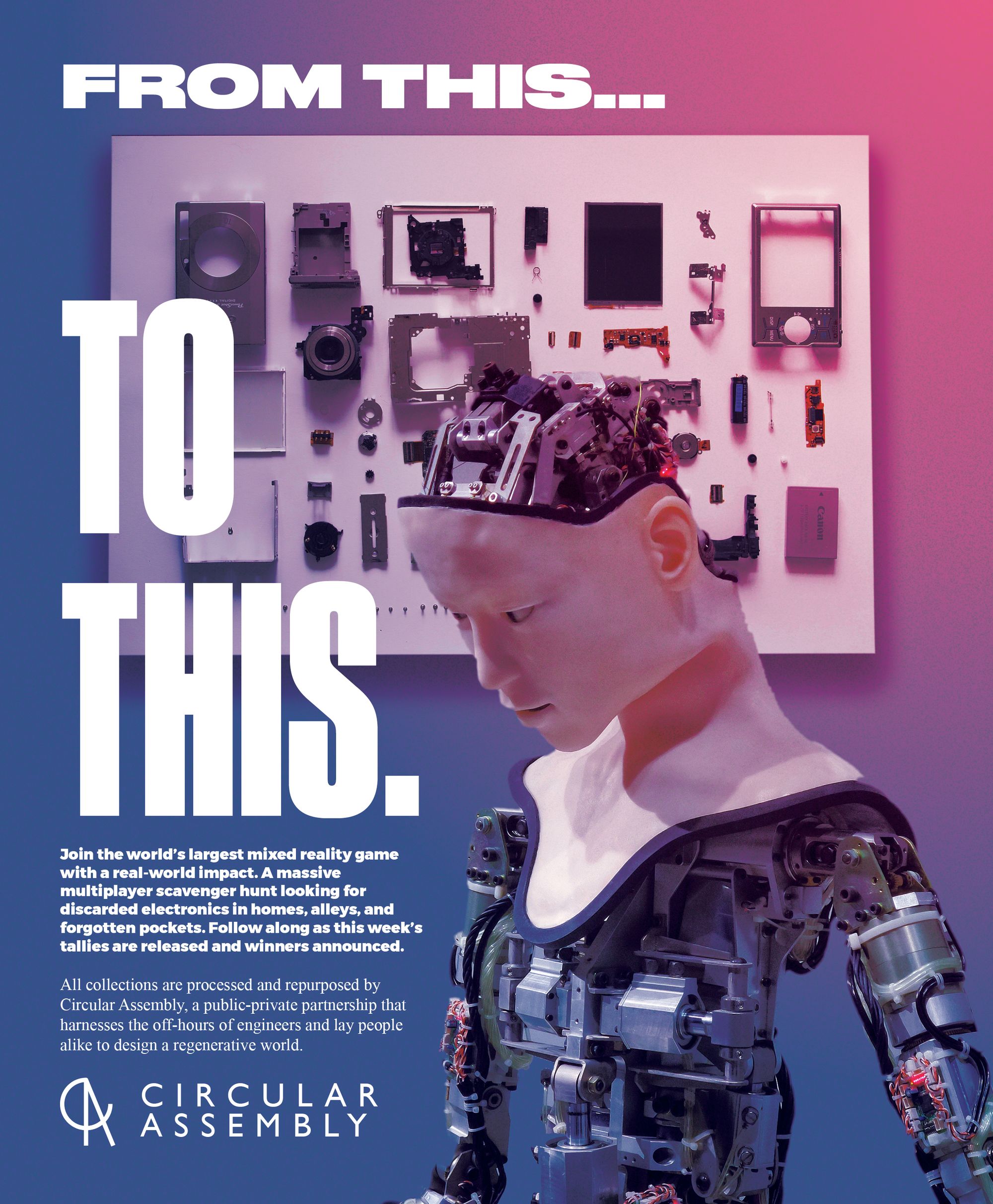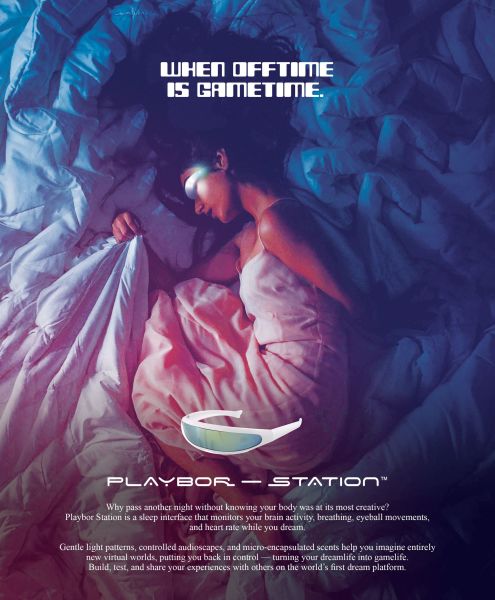Playbor is a neologism that gets us to look at how the boundaries between work and leisure, production and consumption, increasingly overlap. Emerging as a term in media studies about a decade ago, playbor sought to describe phenomena around participatory and interactive media like the social web, riding the crest of a wave whose undertow arrived in the mainstream techlash of the last few years. But while the focus in the mainstream has mostly been on the velocity and veracity of information on social platforms, many of the underlying transformations in interaction and incentivization go beyond that.
The ways value is perceived, created, and circulated is changing. What some have called “attention economies” or “cognitive capitalism” have made the collection, analysis, and operationalization of information more important to the production of value. Playbor sits inside that broader discussion, as a mechanism to incentivize individuals to participate more fully in their interactions. From points for meditation to badges for new skills, gamified reward structures help keep individuals engaged. These reward structures can take many forms, from a benign paternalism to guide better decision-making to collaboratively set goals to all-out extractive dark patterns.

In this series of speculative ads, we look to the ambiguity of these interactive incentives and their relationships to other changes in the world. Often, change is envisioned as technology-driven, as though a neat separation between it and everything else were possible. But there are only messy entanglements of technology, social relationships, economics, politics, and environmental factors. For instance, as ubiquitous computing and the Internet of things continue to be embedded in our environments, the way we relate to the proliferation of sensors that collect data and actuators that manifest changes is shifting the meaning and experience of being connected. Already, at MIT, researchers are working on sleep interfaces to unlock the possibilities of previously unconnected time, stretching this notion of ubiquity from a spatial to a temporal dimension. How might business models shape the deployment of these technologies, and what are the effects of introducing social elements into a previously private sphere?

In other domains, biotechnologies like the gene-editing tool CRISPR-Cas9 enable precision snipping and insertion of gene sequences, akin to the cut and paste function of a word processor, while DNA-testing startups are collecting and monetizing the genomes of individuals. Could this intersect with the world of media convergence, where interactions and character-forms live across platforms, bringing media into life itself? Or take the models for innovative governance like seasteading proposals for floating city-states, which compete for citizens in ways akin to how companies do for customers. Would the fear of bankruptcy incentivize governance to advertise in new ways, and would we be willing to live with the precarity of losing a round?
Lastly for our series, we look to the impacts of climate change, an entangled issue of overlapping economic, technological, social, and other patterns. As the sustainability of current economic arrangements is put under pressure from irregular and unevenly distributed climate effects, alternatives like the circular economy are reimagining the economy as a system of inputs and outputs in which all waste can be reintegrated back into the loop of production. This model would require large behavioral changes at both individual and collective levels, including a rewriting of the boundaries between work and leisure, or public and private, as responsibility for objects’ lifecycles is extended across multiple actors. But what kinds of structures could incentivize behavioral shifts like the mass repair of goods? Would that experience be paternalistic, tyrannical, optional, or something oblique to our current imagination? Would we need to rethink our notion of work?

The goal of these questions and speculations is to not fall into a dystopic or utopic register, but to sit in an emotionally and intellectually uncertain place before anything—a starting point from which the long-term implications of these decisions can be raised, and the design of these arrangements debated.
— Jemuel Datiles, Laura Dempsey, Jamie L. Ferguson, Valdis Silins
